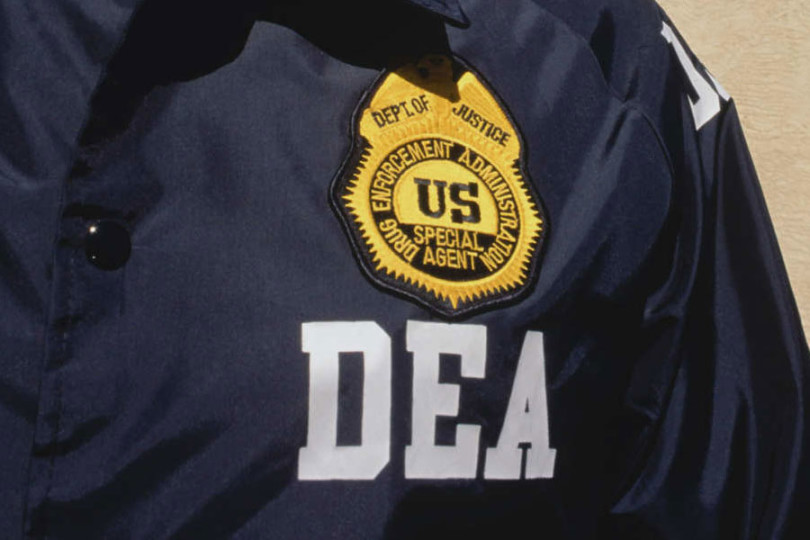
“Say it ain’t so, Rocket.”
(“Say it ain’t so, Joe.” Reported words of a young fan to Shoeless Joe Jackson after the Black Sox gambling scandal.)
Roger Clemens may have lied under oath in front of a Congressional committee regarding the use of steroids during his baseball career, but so what? Couldn’t our prosecutorial resources be used for more important things?
In the late 1980s and early 90s, as an FBI agent (now retired), who helped shepherd the largest steroid investigation in history, similar questions were posed to me. Why should we pursue the illegal distribution of steroids?
In 1989, University of Michigan head football coach Bo Schembechler and his strength coach, Mike Gittleson, shared a big concern.
They believed steroid use was becoming pervasive in college football. Their concern was not only that some players and teams were getting a competitive advantage but that high school players were beginning to think that steroid use was a necessary and accepted practice in getting to the next level.
Bo and Mike knew that steroids were an effective performance-enhancing drug, but could also cause very serious health problems. Not the least of these is severe depression. I learned of numerous cases of young, aspiring athletes who committed suicide after using steroids. (One of those suicides was the son of an FBI agent I knew.) I also thought of my own daughter and son, who, at the time, were beginning to participate in sports. Would they be faced with the choice of having to use steroids in order to reach their athletic goals?
Many believe steroid use is a victim-less crime. It’s not. Using steroids or other performance-enhancing drugs (PEDs) affect the very integrity of the sport in which they are used. I see three sets of victims. The first is the players who choose to remain clean but must compete against the “enhanced” players. The other victims are aspiring athletes who use PEDs to continue pursuing their sport, or become disillusioned and quit. The third victim is the fan – more on that just ahead.
When we began our steroid investigation, dubbed Operation Equine, our goal was to pursue the steroid dealers, not the users. We reasoned prosecutors would have little interest in going after users whether they be gym rats or professional athletes. However, in retrospect, perhaps the only way to snag the media’s attention would have been to arrest celebrity athletes. We were also stunned when Major League Baseball stifled a yawn when presented with facts about all their “juiced” players.
Our investigative team was faced with a quandary when one of the dealers we arrested told us he had been supplying Jose Canseco and other members of the then Oakland A’s. (Later we learned one of those A’s was Mark McGwire.) No doubt, these are headline-generating names. For the reasons outlined above, we chose to pursue this dealer’s suppliers, not the star players/users.
It was way back in 1994 that information about the players’ use of steroids was given to the office of the Commissioner of Major League Baseball. It was ignored for nearly a decade. Yes, nothing happened for nearly 10 years until Canseco himself became the messenger. (Ironically, the U.S. Attorney’s office in northern California didn’t deem steroid dealing a crime worthy of prosecution at the time. What might have happened had they prosecuted the Oakland A’s dealer there, the future home of BALCO?)
If Roger Clemens did use steroids, the ramifications were far greater than just a high profile athlete using a substance to enhance his performance. The past and future are forever altered. Here’s where the Fan as a Victim enters the picture. In baseball, perhaps more than in any other sport, you not only compete with your contemporaries but against players from the past through statistics. These statistical achievements have long been considered sacrosanct, the lifeblood of every baseball fanatic.
These numbers transcend generations of players and fans. Thus, the use of PEDs not only potentially alters the final score, but has, to some extent, destroyed the integrity of those precious stats. Maybe more importantly, when star athletes turn to PEDs, they inadvertently encourage the same behavior by young aspiring athletes who seek to emulate their heroes.
People may argue about whether Congress should be involved in these issues, but persons testifying in front of Congressional committees under oath must tell the truth. Or invoke the protection of the 5th Amendment. To do otherwise renders the whole process a farce.
Ironically, if Clemens had used steroids during his career and admitted it, he most likely wouldn’t have been prosecuted. However, he now faces a serious charge of perjury, and perhaps worse – a tarnished career that no stellar statistic can ever repair.
It goes beyond just saying it ain’t so.




